I don’t think it’s the first time for Amazon either.
- 42 Posts
- 162 Comments

 30·14 days ago
30·14 days agoPrague had a large pneumatic post system which operated for 100+ years.

 34·16 days ago
34·16 days agoI honestly don’t know how they do it. Whenever I get handed someone else’s device without an adblocker I find it almost painful to try and use.

 461·28 days ago
461·28 days agoYears ago a Microsoft breakup was also once on the table, but it never happened.
I wouldn’t get too excited that regulators will follow through with this for Google either.

 494·1 month ago
494·1 month agoWe are going to need much stronger image rights for individuals in the AI age.
There’s no way to stop the technology itself (although current development may plateau at some point), so there must be strong legal restrictions on abusing it.

 433·2 months ago
433·2 months agoI don’t think Mozilla running a Mastodon server is losing focus. The ethos of Mozilla and the Fediverse have a lot of overlap, and Mozilla should desire to have a foot in it.
An official Mastodon server is also a useful platform for marketing and outreach. In contrast an organisation claiming to be all about privacy and open source retreating from a social media platform that embodies those is not a good look.

 37·2 months ago
37·2 months agoHigh energy bills and misinformation about energy saving seems to be causing some odd behaviour here in the UK.
I have relatives who go round turning off every device and appliance at night, despite the negligible power draw they have in standby. Another will only charge their phone at night during cheaper the electricity rate - but runs the tumble dryer during the day.
I also often hear stories about people fearing electronic devices will catch fire if left on standby over night. Which may well be a risk for charging a dodgy Chinese e-bike but probably not for a home router.
The challenge for Ladybird and other independent browser projects is the enormous size and scope required of modern browsers, which is also still growing. Web browsers are now probably second only to operating systems in complexity in the personal computing space.
Plus even if they do reach technical maturity, they still have to convince people to use it. That’s not been going very well for Mozilla, and they already have a working browser.
Safari is more energy efficient on macOS compared to other browsers.
But like it or not the (artificial) hold Safari has over the iOS/iPadOS ecosystem is the only thing stopping a complete Google hegemony over the web browser market.
Mozilla is circling the drain and the few nascent new browser projects are years away from technical maturity and may never establish any meaningful market share anyway.
You’re never lonely with all your Demodex friends.
They are fairly crap as a hand dryer too.
With RFC 1149, this would still work now.
According to the internet, he did it at university, eating nothing but mince, chicken, and mayonnaise for about 2 months. He did so to annoy other students in his classes who were vegan or vegetarian.
I’ve actually heard a few stories of uni students getting scurvy, although they were because they either didn’t know how to cook or couldn’t afford food.
The P and D symbol is the DisplayPort logo. I’m not sure when it was first used, but the DisplayPort standard itself is quite a bit older than USB Power Delivery.
It’s still confusing though regardless of which can lay the best claim to the letters P and D. I would have suggested Power Delivery could use some sort of lightning bolt symbol, but then I realised that would probably conflict with Thunderbolt, which also uses USB-C.
It’s almost as if having all these different features would be easier to differentiate if they had different physical shapes.

 41·2 months ago
41·2 months agoCreating a cost barrier to participation is possibly one of the better ways to deter bot activity.
Charging money to register or even post on a platform is one method. There are administrative and ethical challenges to overcome though, especially for non-commercial platforms like Lemmy.
CAPTCHA systems are another, which costs human labour to solve a puzzle before gaining access.
There had been some attempts to use proof of work based systems to combat email spam in the past, which puts a computing resource cost in place. Crypto might have poisoned the well on that one though.
All of these are still vulnerable to state level actors though, who have large pools of financial, human, and machine resources to spend on manipulation.
Maybe instead the best way to protect communities from such attacks is just to remain small and insignificant enough to not attract attention in the first place.
Pop-ups used to be new browser windows, which was fairly easy to identify and block.
Now for things like email signups they tend to be elements within a web page, and it is harder for blockers to identify the nuisance elements from the good ones.
It’s not impossible, as blockers do the same thing, but ads are more predictable across sites so it’s easier to craft blocking rules for them.
Same, if I was to draw a Venn diagram of “websites I visit” and “notifications I need”, the circles would be so far apart they’d be at opposite ends of the universe.
Browsers should make that feature much easier to fully disable. Same goes for location data, which an alarming amount of websites now seem to request despite having no need for it.

 5·2 months ago
5·2 months agoI have an X220 with an i5-2520M, I don’t use it for gaming but I have briefly played Half-Life 2 with it and it was comfortably playable.
So I would say mid-2000s titles and before will be fine. It really depends on the age the Thinkpad you want is, and the age of the games you want to play.

 111·3 months ago
111·3 months agoThis is the inevitable path for nearly all proprietary smart devices. There’s a handful of manufacturers that will see privacy as a marketable feature, but most won’t be able to resist the sweet taste of data.
It’s a shame there are no “dumb” TVs left, except for expensive industrial options.








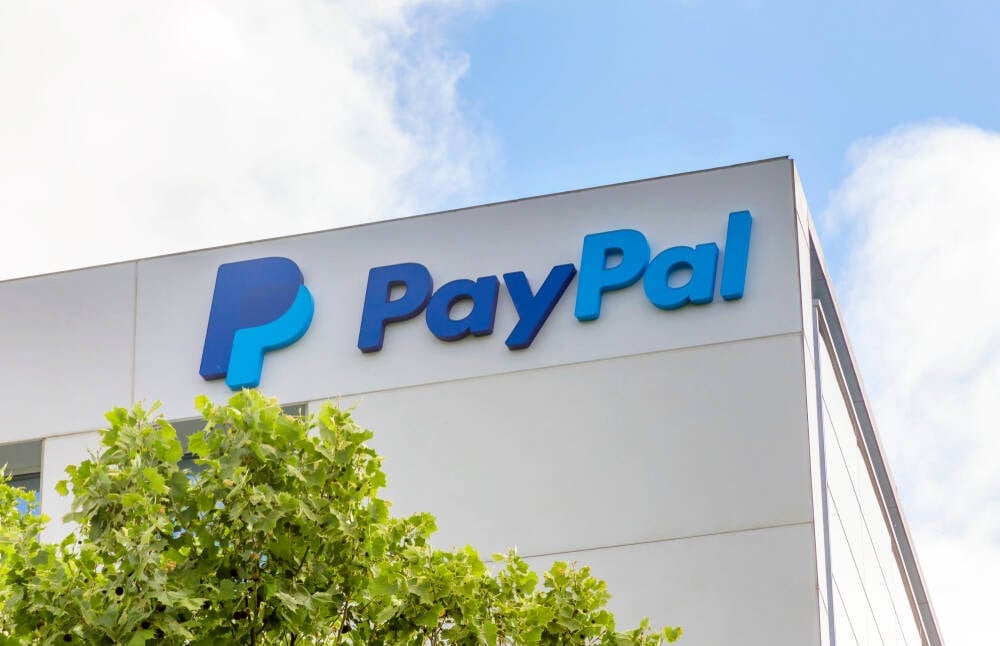

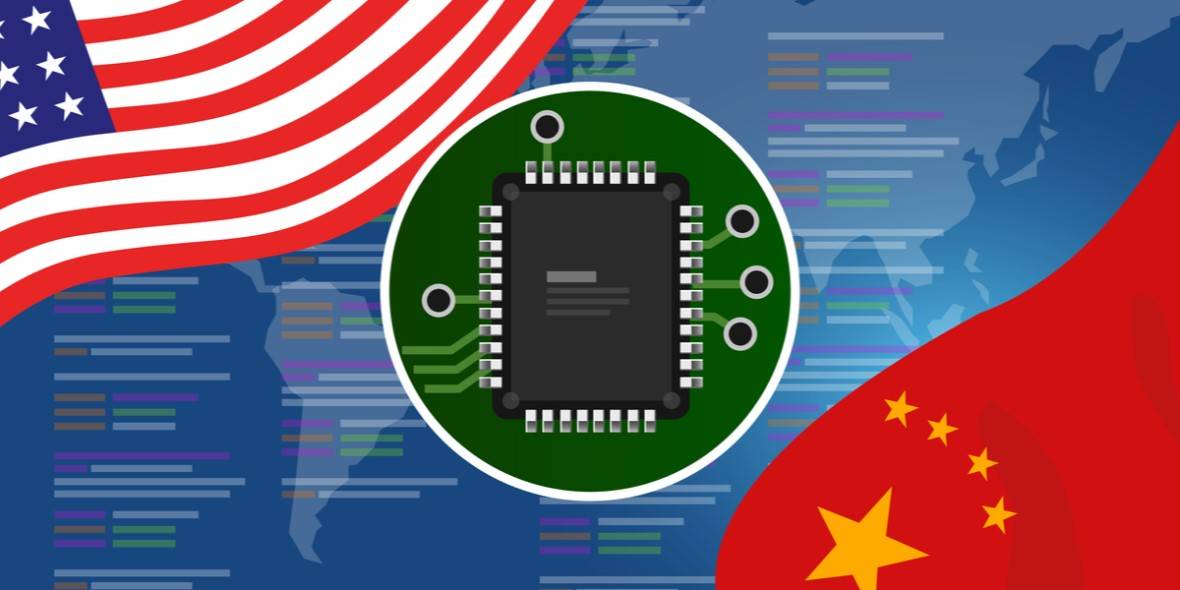



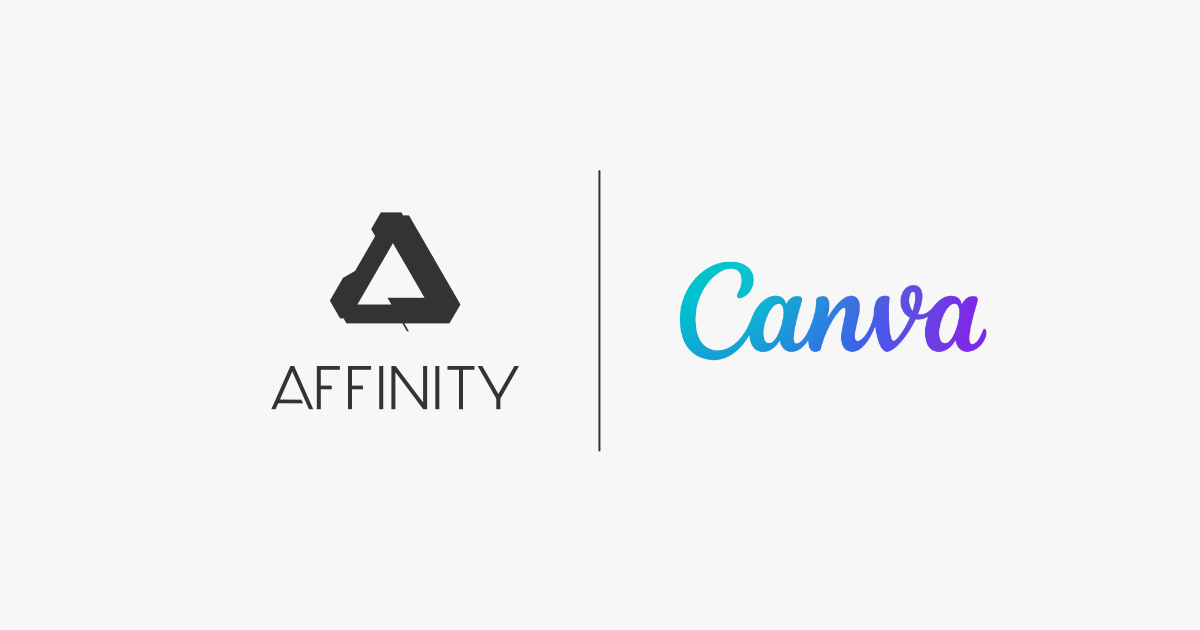
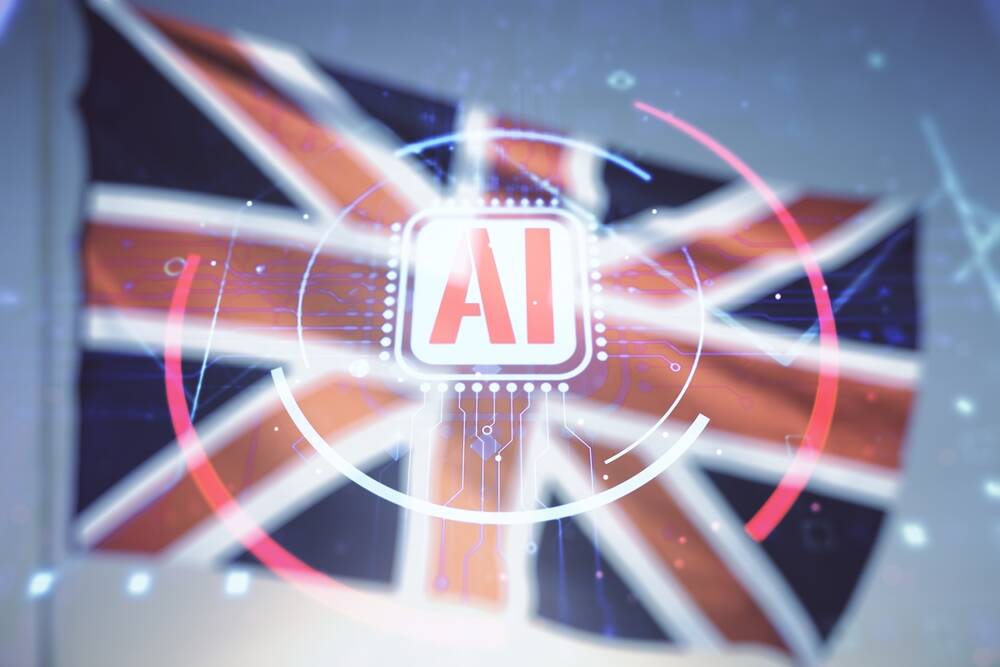






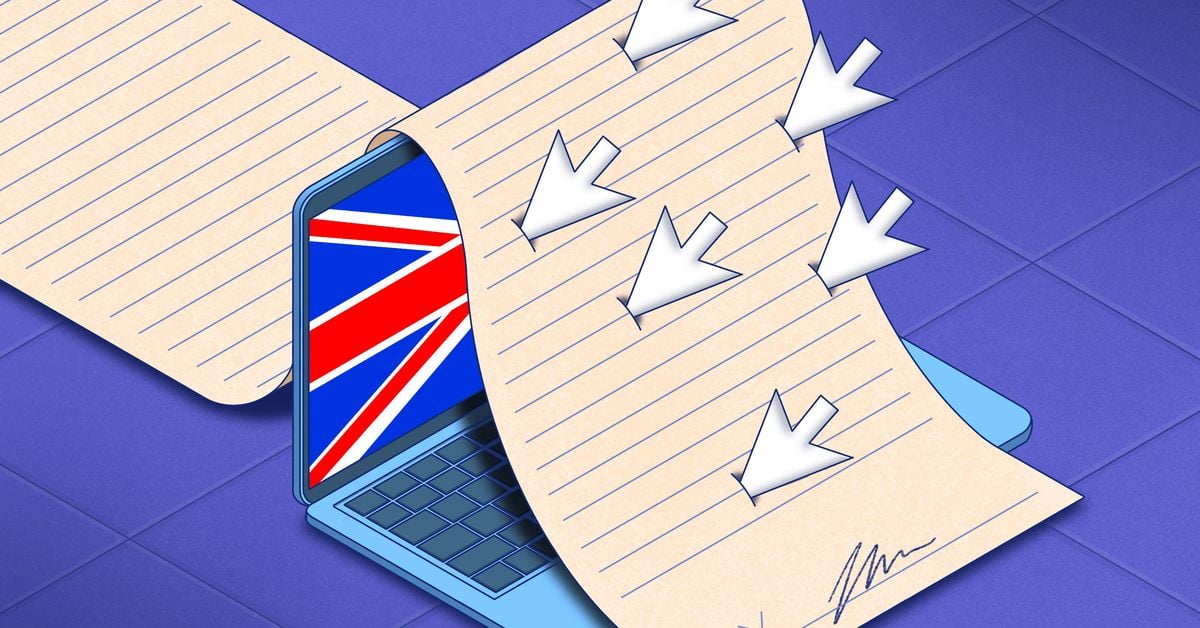
Functionally it’s harder to accidentally press on the bottom.
Although it’s also now harder to intentionally press too. It looks like a finger can fit under there, otherwise you’ll be flipping it over to power on.